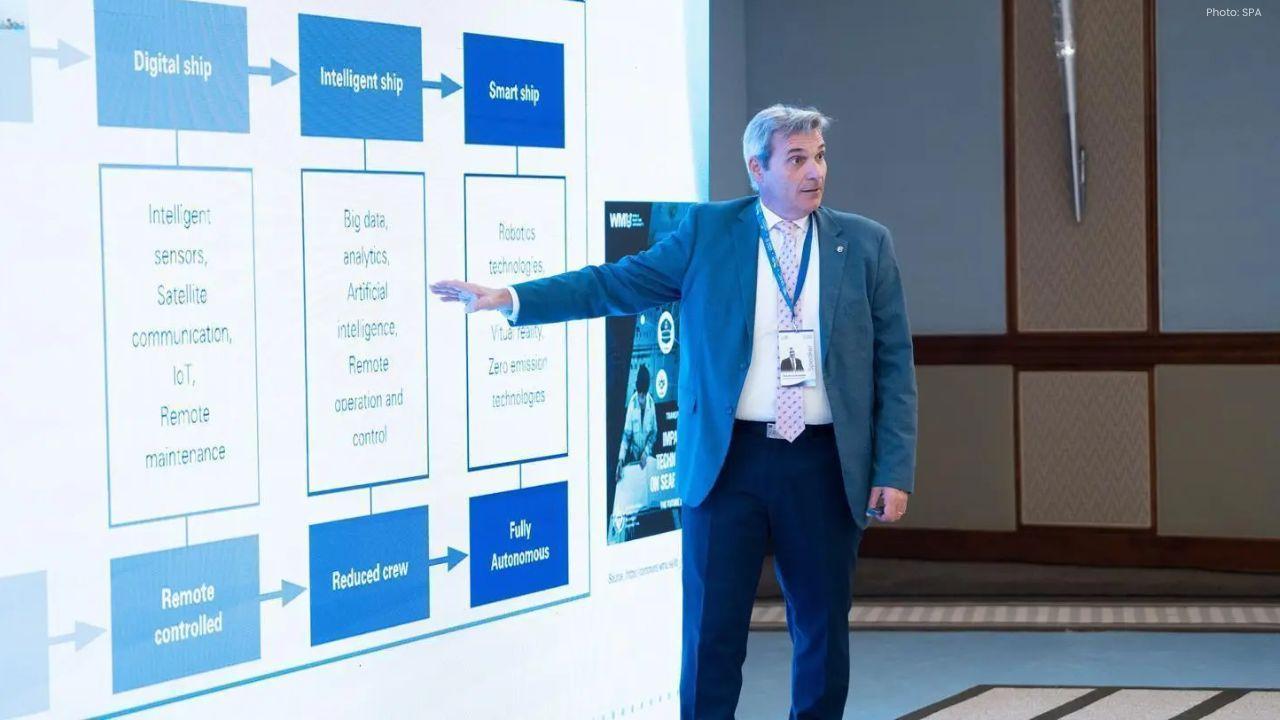
Post by : Mumtaaz Qadiri
The city of Jeddah became the focus of global maritime attention as it hosted the second annual Sustainable Maritime Industry Conference (SMIC). The event concluded on Thursday after days of discussions, workshops, and exchanges of ideas. The conference was organized by Saudi Arabia’s Transport General Authority (TGA) and attracted leaders and experts from international maritime organizations, as well as representatives from both the public and private sectors.
Saudi Arabia’s Commitment
Saudi Arabia used this event to show its strong commitment to supporting sustainability in the maritime industry. The Kingdom is determined to create global partnerships and adopt modern solutions that can make the shipping industry more efficient and environmentally friendly. This effort is in line with the country’s broader development goals, which include Vision 2030 and its focus on innovation, technology, and sustainability across all sectors.
Aim Of The Conference
The main goal of the Sustainable Maritime Industry Conference was to create a platform for open discussions about the future of maritime transport. Experts, decision-makers, and industry professionals gathered to talk about sustainability challenges and opportunities, and how advanced technologies can transform the sector. The event also provided a space to share experiences, knowledge, and best practices between local and international participants.
Final Day Activities
On the last day of the conference, six specialized panel discussions were held. Each panel focused on a different key issue connected to the future of maritime work and its sustainability. These sessions allowed experts to address current problems, suggest innovative solutions, and discuss how the maritime industry can keep pace with global changes.
Key Issues Discussed
The topics covered in these panel discussions included the future growth of the shipping industry, the environmental impact of maritime operations, the adoption of new technologies, and strategies for reducing carbon emissions. Experts emphasized that the industry must adopt cleaner practices to protect the environment and remain sustainable for future generations. They also discussed financial models that could help companies invest in new, green technologies without slowing down business growth.
Specialized Workshops
Alongside the panel discussions, the conference also featured four specialized workshops. These workshops were designed to give participants a chance to engage more deeply with specific subjects. They covered the use of artificial intelligence (AI), data security in digitalization projects, secure digital solutions for ports and logistics, and safety protocols for autonomous vessels. Each workshop attracted a high level of interest from both local and international participants.
Artificial Intelligence In Shipping
One of the workshops focused on how artificial intelligence can play a big role in the maritime industry’s future. AI is already helping other industries become faster, safer, and more efficient. In shipping, AI can be used for route optimization, predictive maintenance of ships, and reducing fuel consumption. These applications not only save money but also help protect the environment by lowering carbon emissions.
Digitalization And Data Security
Another important theme of the workshops was digitalization. As more ports and shipping companies adopt digital solutions, protecting sensitive data becomes a priority. Experts explained how secure digital platforms can make ports smarter and logistics smoother, but they also warned of the dangers of cyber threats. Strong data security practices were identified as essential for the success of maritime digital projects.
Autonomous Vessels And Safety
The workshops also examined the future of autonomous vessels — ships that can operate without human crews. While this technology is still developing, it has the potential to revolutionize the industry. However, safety remains the biggest challenge. Experts discussed safety protocols and regulations that need to be in place before autonomous vessels can operate widely.
Practical Engagement
The workshops were highly interactive. Participants, including industry leaders, government officials, and academics, exchanged ideas and practical solutions. They shared case studies from different countries and companies, showing how innovation can be applied in real-life situations. The sessions helped professionals gain insights that they can bring back to their own organizations.
Field Visits
The Sustainable Maritime Industry Conference was not limited to discussions and workshops. Attendees also visited Jeddah Islamic Port, one of the most important ports in the region. They were shown development projects that focus on sustainability, efficiency, and innovation. Additionally, participants visited King Abdullah University of Science and Technology (KAUST), where they learned about ongoing scientific research programs that aim to protect the environment and improve maritime technology.
Promoting Environmental Protection
One of the strongest messages from the event was the need for the maritime industry to protect the environment. Shipping is responsible for a significant percentage of global emissions, and without proper action, its impact will continue to grow. Experts at SMIC stressed that the industry must shift to cleaner fuels, adopt eco-friendly technologies, and reduce waste. Saudi Arabia highlighted its own plans to lead these changes and work with other nations to create global standards.
Global Cooperation In Maritime
Another major theme of the conference was cooperation. The maritime industry is international by nature, and problems cannot be solved by one country alone. Representatives from many countries agreed that stronger partnerships are necessary to meet sustainability goals. By working together, governments, organizations, and private companies can speed up progress and make sure solutions are effective worldwide.
Role Of Technology And Finance
The event also highlighted the need for financial support in addition to technology. Green solutions and digital innovations often require large investments. Governments and international organizations are being called upon to provide funding options and support systems that will encourage companies to adopt these technologies. The conference showed that a balance between financial investment and technology adoption is essential for success.
Building A Sustainable Future
Throughout the conference, the main idea was clear: the maritime industry must change if it wants to be sustainable in the future. This means using technology wisely, protecting the environment, and cooperating across borders. Saudi Arabia’s hosting of the event shows its desire to lead this change, not only regionally but also globally.
As the second Sustainable Maritime Industry Conference came to a close, participants left with a stronger commitment to action. The discussions and workshops provided practical tools and new ideas that can be applied immediately. The event proved that conferences like SMIC are not only about talking but also about shaping real solutions for the future of the maritime industry.
The SMIC in Jeddah highlighted how the maritime sector can move toward sustainability through global partnerships, innovation, and responsible practices. From artificial intelligence to autonomous ships, the event showed that the future of shipping will be shaped by technology, cooperation, and environmental awareness. Saudi Arabia’s active role in organizing the conference made it clear that the Kingdom intends to be a global leader in sustainable maritime development.
Sustainable Maritime Industry, Saudi Arabia Conference, Maritime Digital Solutions
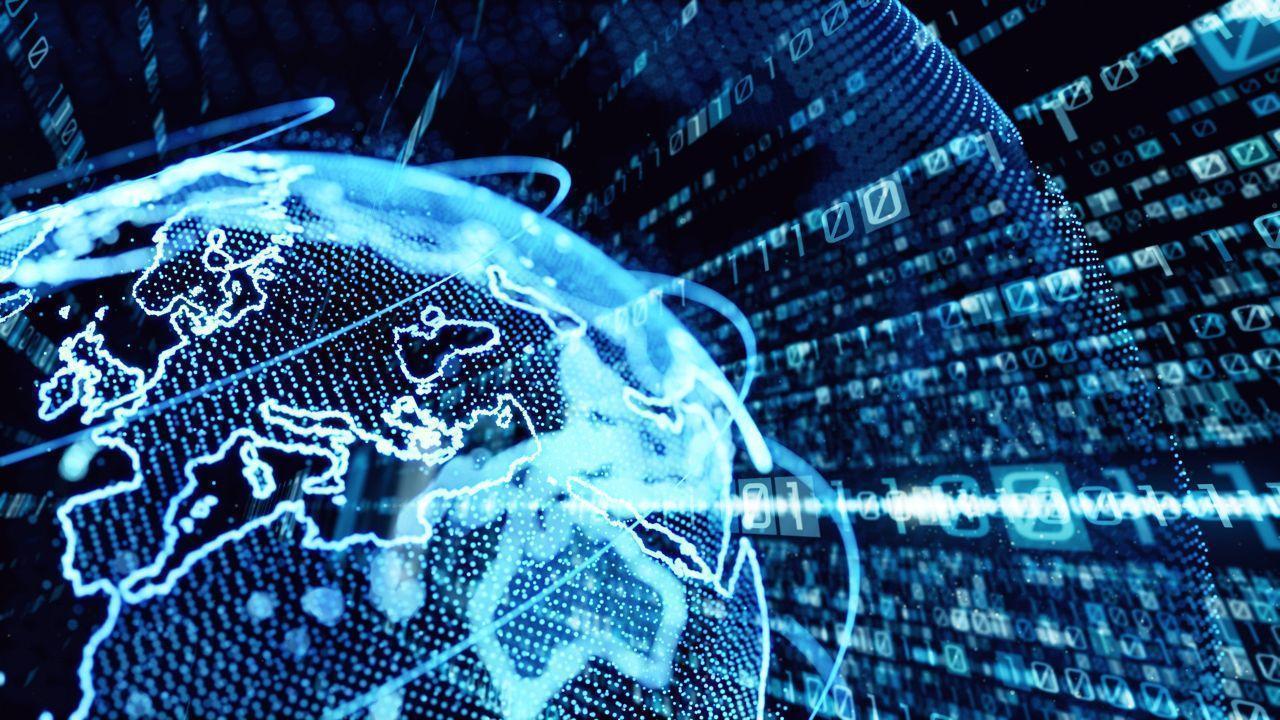

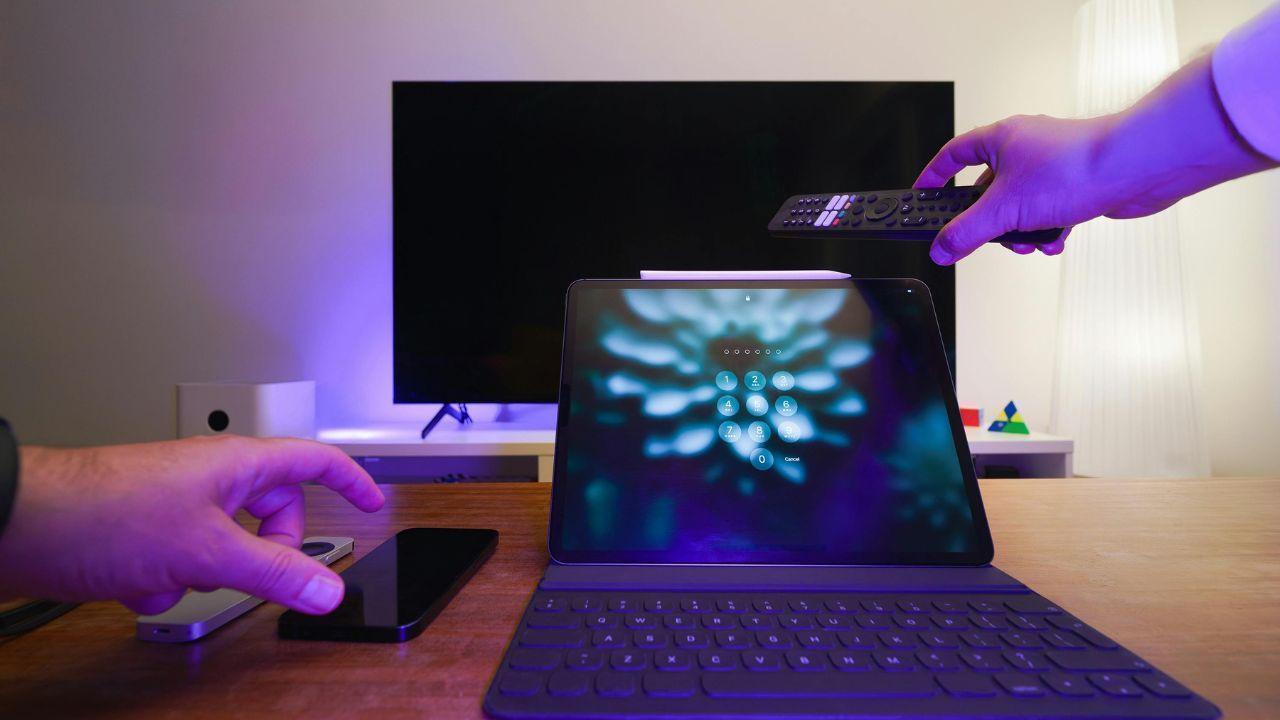

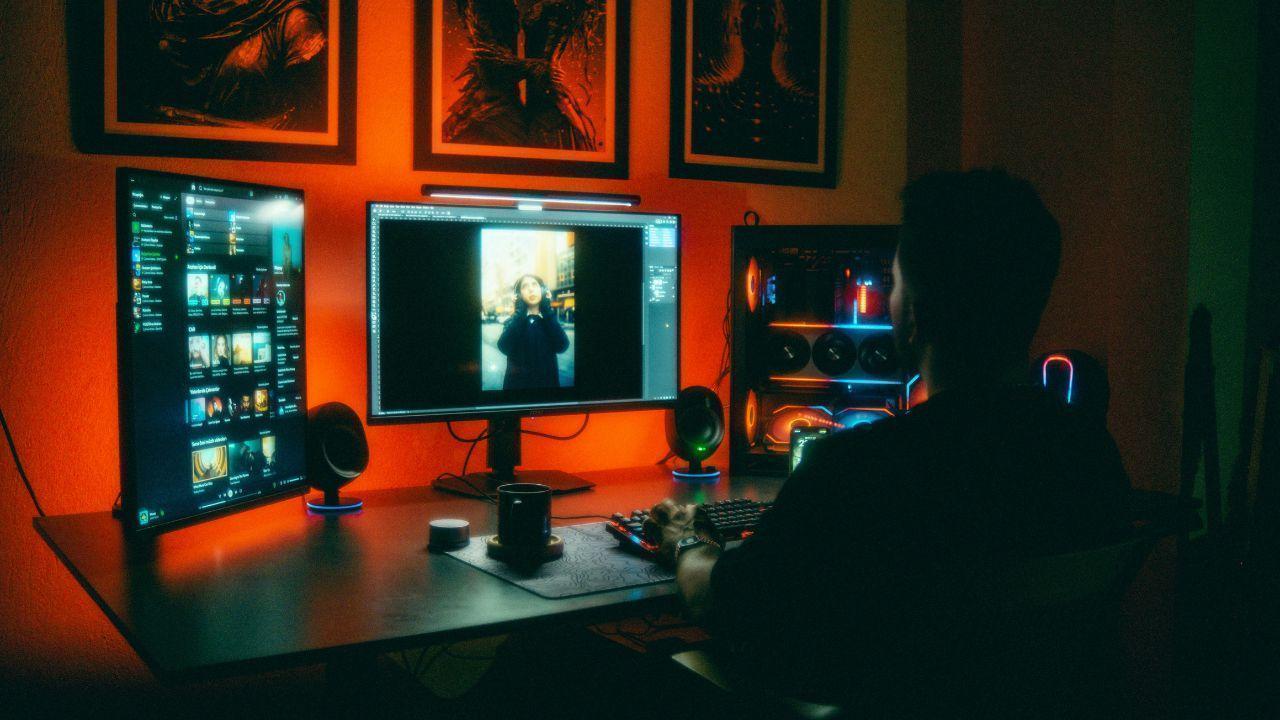




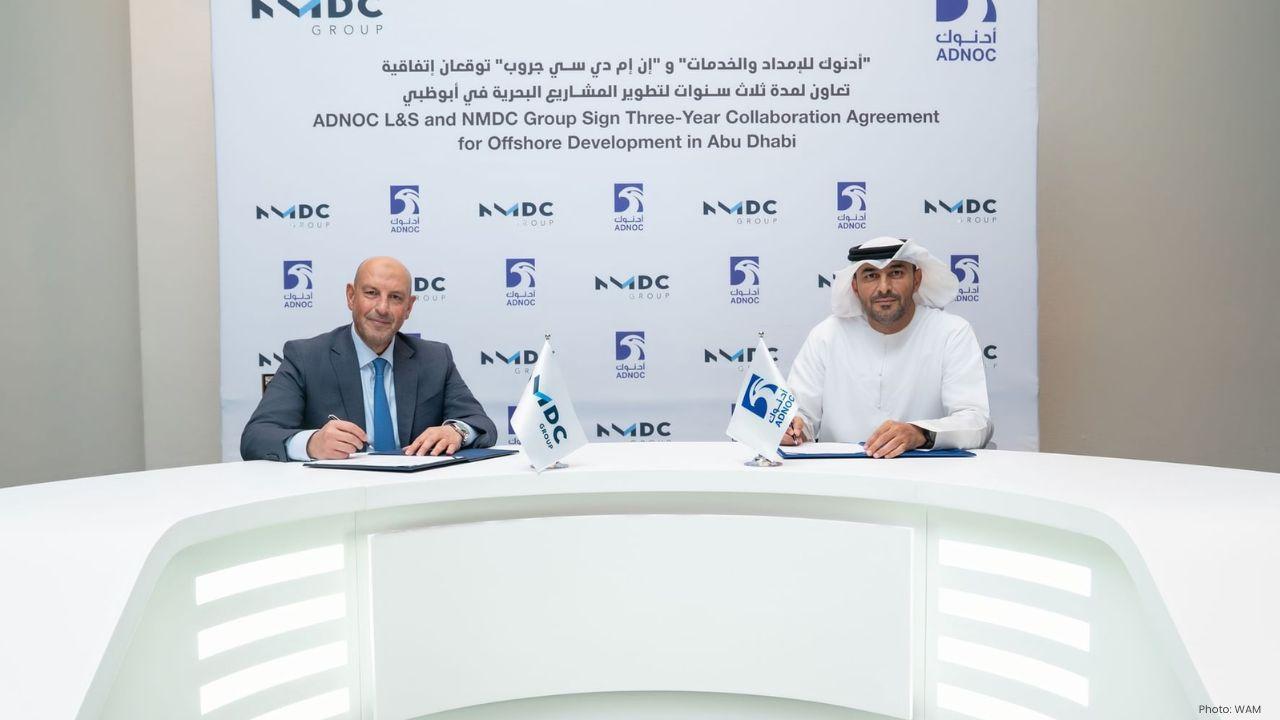
NMDC Group And ADNOC L&S Sign Three-Year Deal For Offshore Work
NMDC Group and ADNOC Logistics & Services sign a three-year deal to deliver maritime services for of
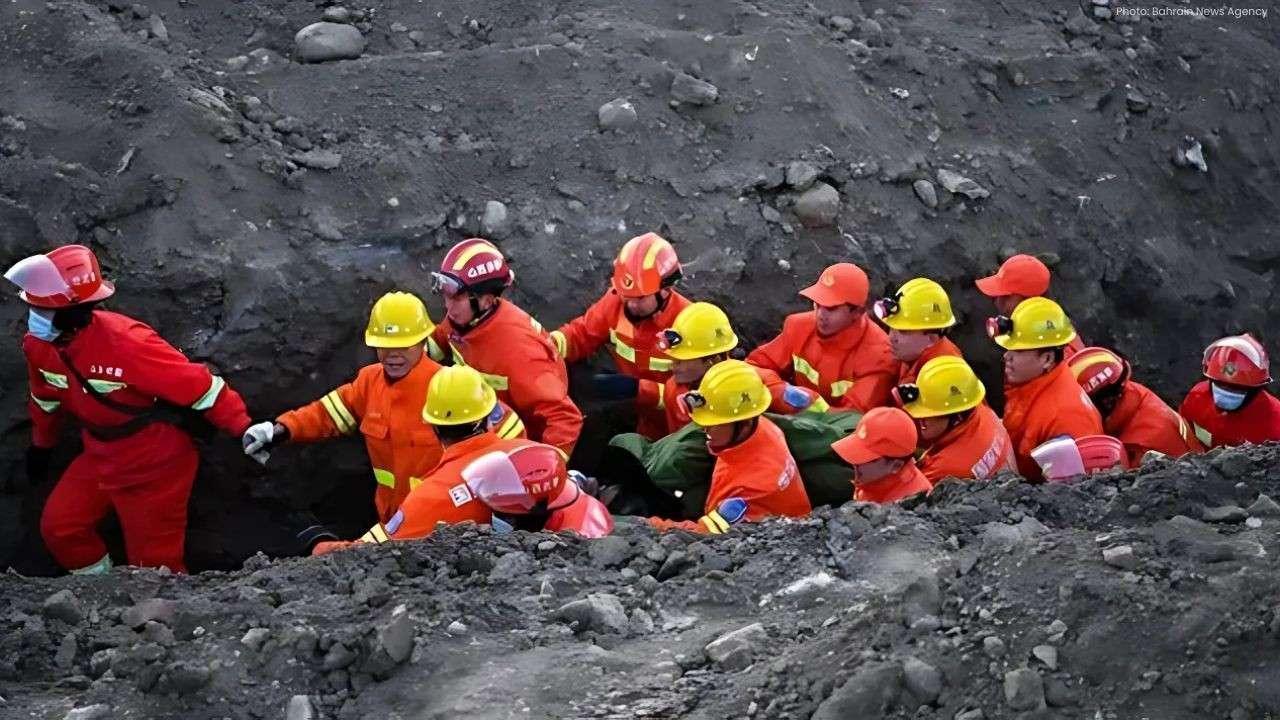
Six Miners Trapped After Earthquake Hits Coal Mine In China
A mining-related earthquake struck a coal mine in Heilongjiang, China, trapping six miners undergrou
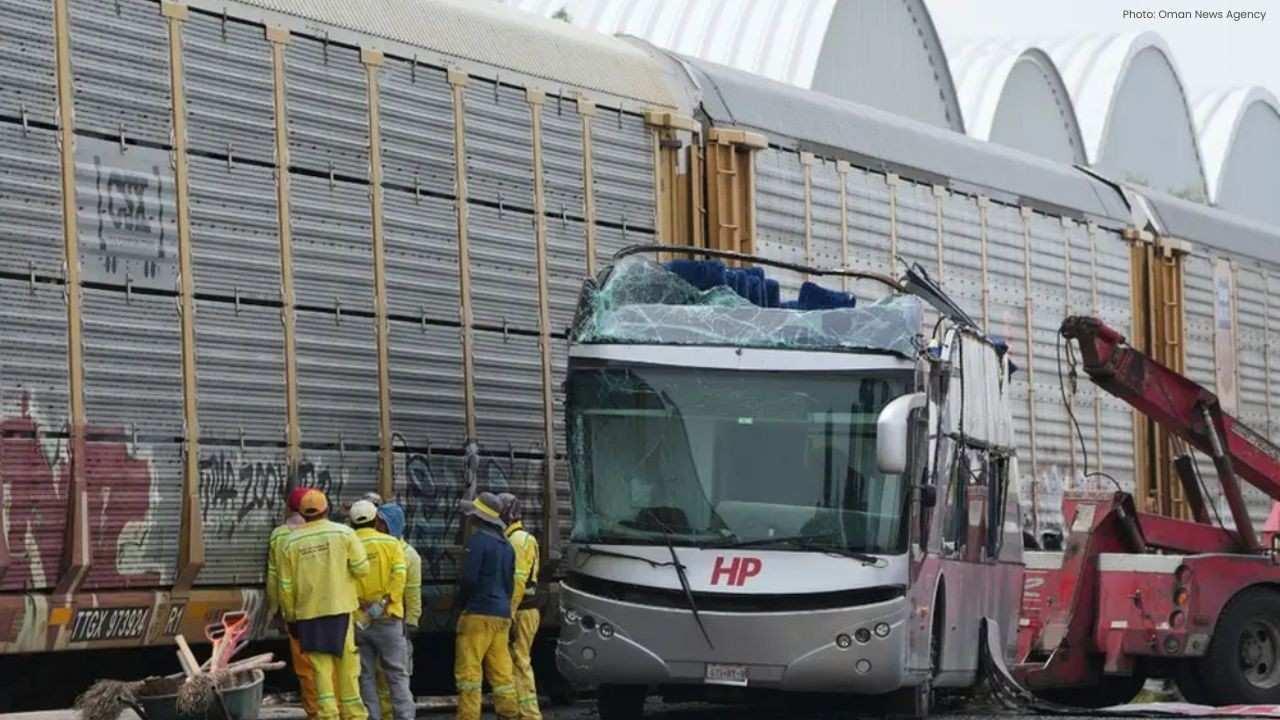
Train Collides With Bus In Mexico Killing 10 And Injuring Many
At least 10 dead and 41 injured after a train hit a bus at a rail crossing in Mexico. Authorities co

UAE Olympic Football Team Qualifies For AFC U-23 Asian Cup Finals
UAE Olympic football team qualifies for AFC U-23 Asian Cup finals in Saudi Arabia despite 3-2 loss t

Apple Launches iPhone Air With Thinnest Design & Pro Performance
Apple unveils the new iPhone Air, its thinnest model with pro performance, multiple colors, large st

Al Wakrah Wins French Arabian Breeders’ Challenge Sprint Again
Al Wakrah, trained by Jean de Mieulle, wins French Arabian Breeders’ Challenge Sprint in France, mar